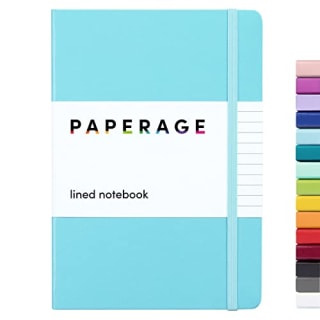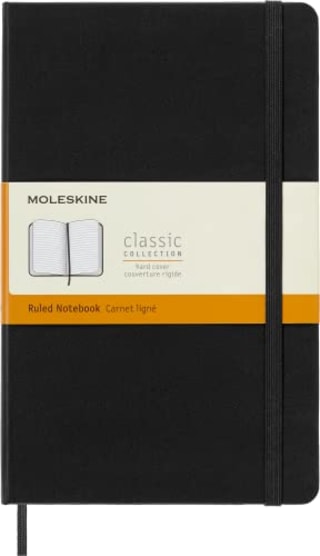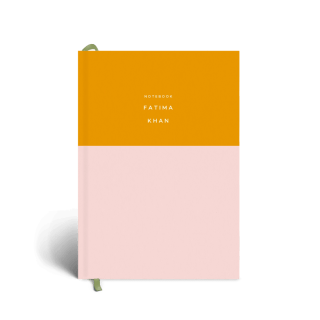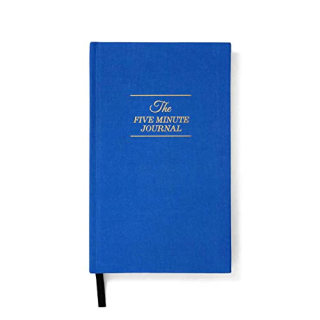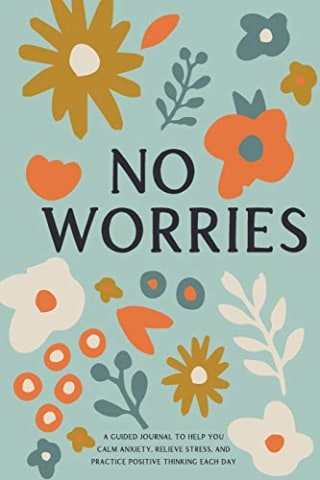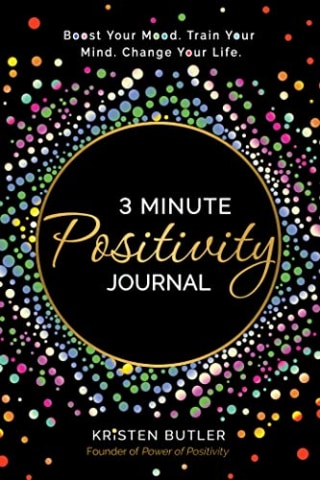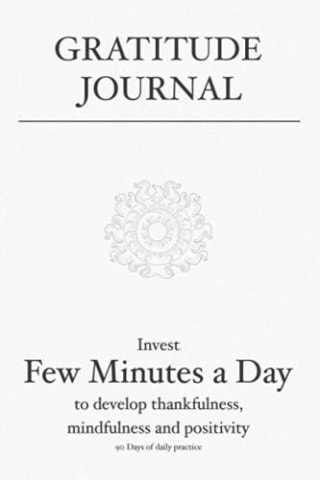While you probably kept a journal as a child, you may have put it down for good somewhere in your early teens. But it may be time to pick it back up again because experts say that the practice can have a host of benefits, from improving mood to boosting mental health.
Though, if you've tried to do it recently, you may have found yourself staring at a blank page wondering what to write and how exactly you should be doing it. For anyone who has resolved to get back into the practice, we spoke with two psychologists to find out everything you need to know about journaling.
What are the benefits of journaling?
Studies have shown that various types of journaling can help reduce symptoms of anxiety and depression, improve memory and even boost immunity.
"Journaling also improves mental health and allows for stress relief, because it can provide a safe space to unload your pent-up thoughts and feelings," says Dr. Carla Manly, a clinical psychologist based in Sonoma County, California. "In general, whether it's after a therapy session or just after a long day, it is a safe space just to put everything out there and close it up."
Dr. Sabrina Romanoff, a licensed psychologist in New York City, told us that it also helps you look at your thoughts in a more objective way. "Oftentimes we approach our thoughts as facts which can get us into trouble when we believe our most anxiety-provoking thoughts without hesitation," she says. "The process of reading a biased thought outside of your mind can provide an alternative outlook and [help you] see things more clearly."
When should you be journaling?
Instead of being rigid about your writing process, Romanoff said that you should simply make it part of your routine. "The best formed habits are paired with activities that you already do or enjoy," she says. "For example, if every day you drink coffee in the morning, try to work in 10 minutes of journaling during that time. Or if you used to watch a show after dinner, try to supplement that with journaling."
And while it may be tempting to sneak in a journaling session right before you turn the lights off for the night, Manly recommends keeping your journal outside of your bedroom. "Oftentimes we churn up some thoughts and feelings that might be uncomfortable or really intense, so we don't really want to be doing that in our sleep space or keeping it in our sleep space," she says. "We want our sleep space to be very sacred and quiet and feel very gentle."
What should you write in your journal?
One of the key elements of journaling is to remove judgment from the process, Manly explains. People tend to overthink the grammar and context of what they're writing or question what would happen if someone else read their journal or if they reread their entries later on. "You want to put any of that kind of judgment aside," Manly says. "Because if you don't, you're actually hurting the process."
When it comes to what you're writing, there are a handful of different approaches that you can use — and you can switch it up, depending on your needs. "You can engage in various types of journaling," Romanoff says. "Sometimes it feels helpful to get it all out through a journaling ‘vent session,’ other times you might want to be more structured in your journaling."
If you're looking for the latter, a helpful strategy can be to create a thought log, Romanoff says. This type of journaling centers around a triggering event or situation that elicits a strong reaction. To try this, you'll note the thought associated with that moment, the consequence or behavior of that reaction and then, most importantly, create a rational counter-statement to it.
For example, say your supervisor at work is angry. "Your thought could be, 'I must have made a mistake — now I’ve done it. They’ll fire me for sure,'" Romanoff says. The consequence, then, is that you might feel sad and anxious, and will spend time obsessing over the mistake. In this situation, she said that the rational counter-statement could then be something like this: "'My supervisor could’ve been angry about anything. They are usually happy with my work, so even if I’ve made a mistake it isn’t a big deal.'"
Another option if you're looking for something a little more structured? Try a guided journal. "Guided journals are helpful for people who are unsure how to begin journaling or what they would like to work on," Romanoff explains.
Manly adds that you can also use prompts to guide the process. Here are some of her favorites: What am I grateful for? What are my blessings in life? What do I want to let go of in my life? What do I want to bring into my mind? What are the thoughts and mindsets that hold me back in life? Where am I stuck in life? What and who do I value in life?
Journals to try
While you don't actually need a journal to get started, (Romanoff says that the easiest way to start is by using the Notes app on your phone or a document on your laptop), for those who want to go the traditional route, we rounded up a handful of bestselling and shopper-loved journals that you can try.
Paperage Lined Journal
This affordable journal features 160 pages of lined, acid-free paper. According to the brand, the paper is thicker than average notebooks, so you won't have to worry about your pen bleeding through. The journal also features an attached ribbon bookmark, which makes it easy to pick up right where you left off during your last writing session.
Moleskine Classic Notebook
Moleskin's notebooks are a classic choice, and the brand says that they're perfect for journaling or taking notes in meetings. They come in a number of colors as well as ruled, unlined, dotted and other styles, so you can find one to suit your preferences.
Papier Colorblock Hardcover Notebook
Personally, I always find that I'm much more likely to keep up with a journaling habit when I have a cute journal. I've been a big fan of Papier's customizable planners for a while and am currently eyeing this lined notebook from the brand. I love the idea of personalizing it with my name and the year and then getting a new one each year so I can eventually look back on everything I wrote.
No Particular Order: Volume 1
“I’m trying to get back into regular journaling and have been looking to get this journal,” shares social media editorial assistant Annie Shigo. “It has unique prompts that get you to go deeper and really think about what you want.”
Intelligent Change: The Five Minute Journal
Made to be used in the morning and at night, this journal features prompts that are meant to help you reflect on your day and encourage you to practice gratitude. And some reviewers say that it makes the process of journaling feel easier. "I am guilty of having collected dozens of journals and notebooks throughout my life, with the same results every time: excitedly writing in them for a few days (or a few weeks if I'm lucky) and then slowly forgetting about them — mostly due to the amount of time and energy it takes to keep one up," one reviewer wrote. "If you're like me — this is the perfect answer! It truly takes 5 minutes to fill out the section and it is difficult to find an excuse NOT to do it each day.
No Worries: A Guided Journal
Another popular guided option, this journal is designed to help you process your thoughts and re-frame them to calm anxiety and relieve stress. The 12-week journal includes journaling pages, exercises, habit trackers, monthly reflections and more.
3 Minute Positivity Journal
The "3 Minute Positivity Journal", is currently the No. 1 bestselling journal on Amazon with more than 2,500 five-star ratings. And many shoppers have described it as being "life changing." Part book, part journal, it includes a 50-page positivity guide and 120 unique prompts and entries that inspire you to reflect on your thoughts, feelings and goals.
Gratitude Journal
Those hoping to start gratitude journaling can try this affordable option, which is popular with Amazon shoppers. The 90-day journal includes quotes, affirmations and prompts that are made to encourage you to spend a few minutes a day jotting down what you're grateful for and thinking about future goals, daily learnings and more.


